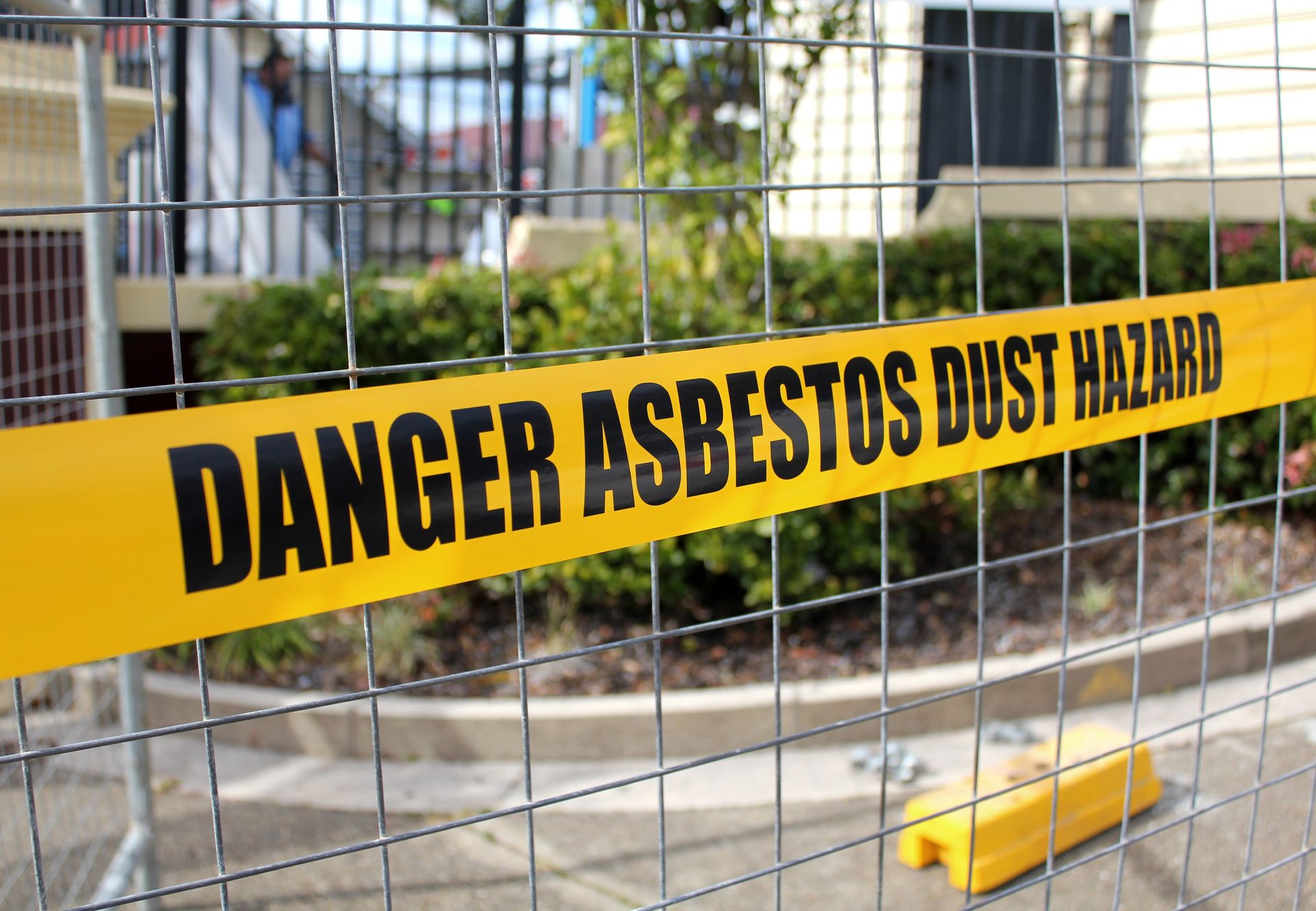DIY Asbestos Testing vs. Professional Testing: What’s the Difference?
Asbestos is a serious health hazard that still lingers in many older homes. For homeowners planning renovations or buying a house built before the 1980s, testing for asbestos is an important step. But here’s the question many people ask: Should I just buy a DIY asbestos test kit, or do I need a professional? Let’s break down the differences so you can make an informed and safe choice.

What Is a DIY Asbestos Test Kit?
DIY asbestos test kits are sold online and in hardware stores. They typically involve:
· Collecting a small sample of suspected material yourself (such as floor tile, insulation, or ceiling texture).
· Sending the sample to a lab for analysis.
· Receiving results by email or mail.
On the surface, this seems like a quick and inexpensive solution. But there’s a big problem: the act of collecting a sample can disturb asbestos fibers and release them into the air putting your health and your family’s health at risk.
Risks of DIY Testing
Exposure Risk: Disturbing asbestos materials without proper safety gear or containment can release thousands of fibers into your home.
Inaccuracy: A poorly collected sample may not represent the material correctly, leading to false negatives or incomplete results.
Regulatory Issues: In many states, only licensed professionals can legally collect asbestos samples. DIY collection could make it harder to sell your home or complete renovation permits.
What Professional Asbestos Testing Involves
Professional testing is carried out by licensed and certified inspectors who follow strict safety and regulatory protocols. A professional inspection typically includes:
Visual Assessment: Inspectors identify potential asbestos-containing materials throughout the home.
Safe Sampling: Using specialized protective equipment, they carefully collect samples without spreading fibers.
Lab Analysis: Samples are sent to accredited labs for precise testing (using methods like polarized light microscopy).
Detailed Reporting: You’ll receive a comprehensive report that outlines where asbestos is located, its condition, and recommended next steps.
Why Professional Testing Matters
Safety First: Professionals know how to handle and contain materials without releasing fibers into the air.
Accuracy: Proper sampling and lab analysis ensure results are reliable and defensible.
Compliance: Certified testing is often required for real estate transactions, insurance claims, and renovation permits.
Peace of Mind: Instead of worrying about whether you did it right, you get trusted results from experts.
Cost: DIY vs. Professional Testing
DIY kits may cost between $30–$100, but the risks of mishandling or inaccurate results are high. Professional inspections vary depending on the size of the home and number of samples, but you’re paying for expertise, safety, and legal compliance. In the long run, the cost of professional testing is small compared to the health risks of exposure or the potential liability of disturbing asbestos yourself.
The Bottom Line
DIY asbestos testing may look cheaper, but it comes with serious risks that simply aren’t worth it. Professional testing ensures safety, accuracy, and peace of mind giving you the answers you need to move forward confidently with renovations, real estate, or repairs.
If you suspect asbestos in your home, don’t take chances. Contact our certified team at Johnny on the Spot Environmental for safe, professional asbestos testing and expert guidance on next steps.

